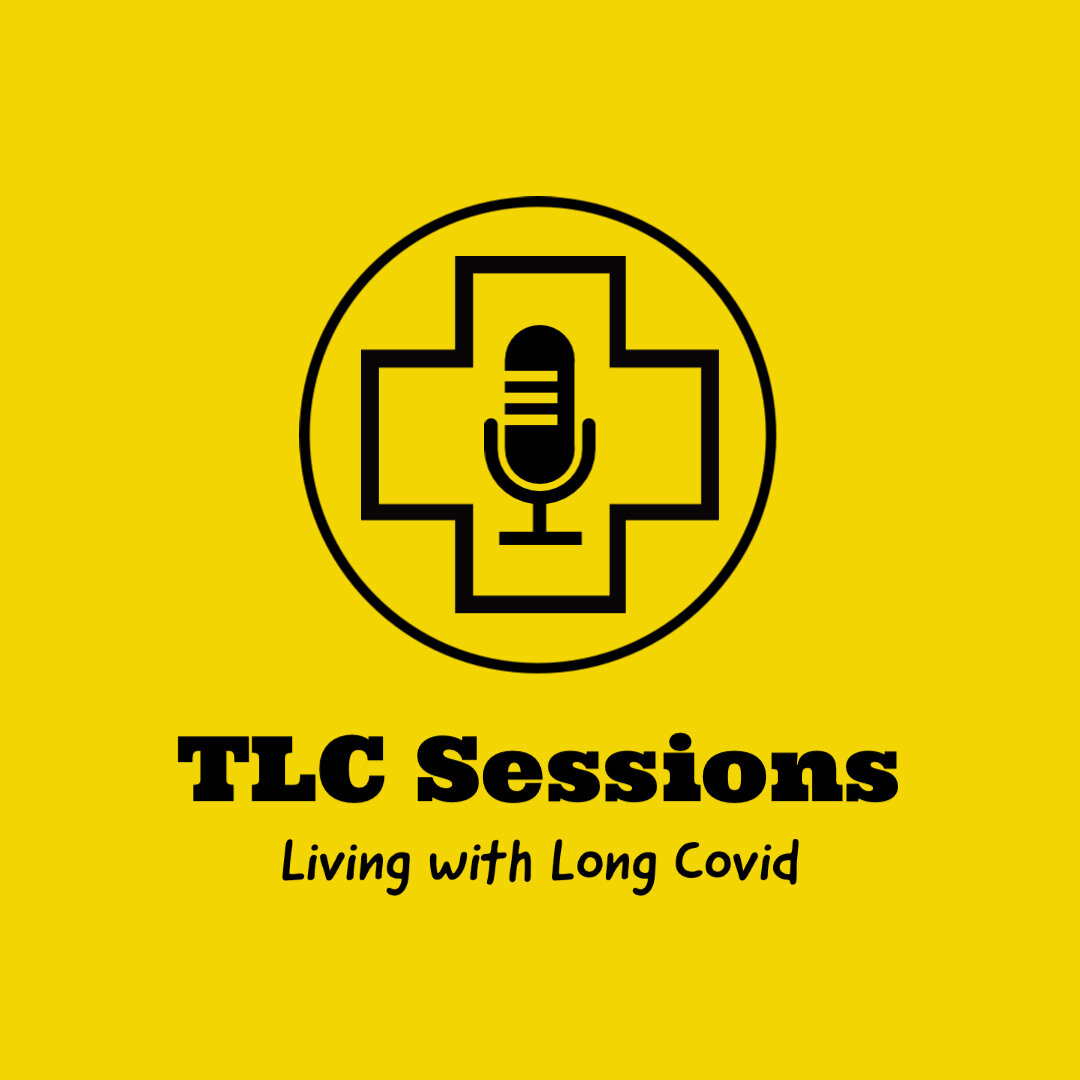Find out about the latest episodes, and listen here:
Episode 64: Michael Peluso, M.D. – Viral reservoirs & MAB trial
“The first year of this was recognising the problem and getting people to buy into that... The second year of this was describing who was most likely to get this condition. The third year of this was laying out potential biology. The current era of this now needs to be proving that each of those mechanisms is or is not driving this and… you actually have to intervene on those pathways to see if you can change either a biological measurement or change how people feel. What that means to us is doing trying to do these intense proof of concept, experimental medicine type studies, where we identify a target pathway that we think it is contributing, then we try to alter it by giving an investigational treatment and we see what happens and whether our hypothesis was correct.”
Episode 61: Dr Leo Galland – A functional approach
“The conventional model is trying to identify what disease does this person have, and then you treat the disease. Well, that may work in some situations… but there are many situations involving chronic illness in which that doesn't work. And I've evolved and taught other approaches to diagnosis, something that I call person-centred diagnosis.”
Episode 57: Lavanya Visvabharathy - Publishing the science
Publishing in scientific journals is a challenging process due to fierce competition, limited resources, lack of networks and mentorship, bias and subjectivity in peer review, leading to high rejection rates. Addressing these obstacles requires collective efforts to foster inclusivity, collaboration, and support systems for all researchers.
Episode 54: Dr Bhupesh Prusty – Molecular Virologist
“We have always been focusing to find something which is detectable and when we talk about something detectable we are actually talking about something which is produced more - this is called as gain of function. But…sometimes loss of function is also important.. there is one switch which is where we are actually losing something from ourselves.”
Episode 49: Dr Benjamin Natelson - Chronic Fatigue Syndrome
“As I expected SARS COV-2 has produced its own mini epidemic of chronic fatigue syndrome.”
Episode 48: Harry Leeming – founder of Visible
“We're tracking heart rate variability, heart rates, and we're also tracking posture as well. It's a really important one. We know that underlying these conditions is some level of dysautonomia, I think 70% or so people with Long Covid would qualify, or would fail the NASA lean test.”
Episode 46: Dr David Strain – HRV, vaccines and genetics
“I think we will end up in a position that we accept that Long Covid is multiple different conditions that are triggered by the same virus, but result in different consequences.”
Episode 45: Amiad Abrahams – Mindfulness
“Mindfulness is one of the things we do. Basically, the idea is to allow people to feel like themselves and not to allow this painful, unsettling reality to divert from that. Because even when we suffer, and we do suffer - all human beings, or listeners of this podcast - it's never really perfect, and sometimes it's really horrendous… We are still ourselves.”
Episode 43: Dr Tae Chung - POTS, the nervous system and autoimmunity
“There's some kind of indirect evidence suggesting that the sympathetic nervous is dysfunctional in POTS or Long Covid patients, and given the post-infectious nature, I suspect this is some kind of inflammatory, maybe autoimmune, reaction… probably our body is attacking our sympathetic nervous system”.
Episode 42: Vedicinals9 - Joachim Gerlach
“Each of these molecules just by itself is already pretty good in tackling Covid conditions, inflammation, organ damage, and many of these pathways. So for us, then the next question was - is this mix of nine molecules, from the pharmaco dynamics and from the safety profile, is that viable?”
Episode 40: Dr Bettina Hohberger – look into my eyes… and BC007
“In ophthalmology there is a sentence - the eye is the window to the body - that’s a common theory which we use in our normal clinical life”. So could we use the eye to diagnose Long Covid?
Episode 18: Professor Resia Pretorius - Micro clots
With the Long Covid community abuzz with the discussion of a potential treatment for microclots that is taking place in Germany, we wanted to take it back to the science behind these microclots.
Episode 9: Long Covid & Kids
We speak to Frances Simpson one of the founders of the Long Covid Kids group and also to two young friends about how Long Covid has affected their lives.














